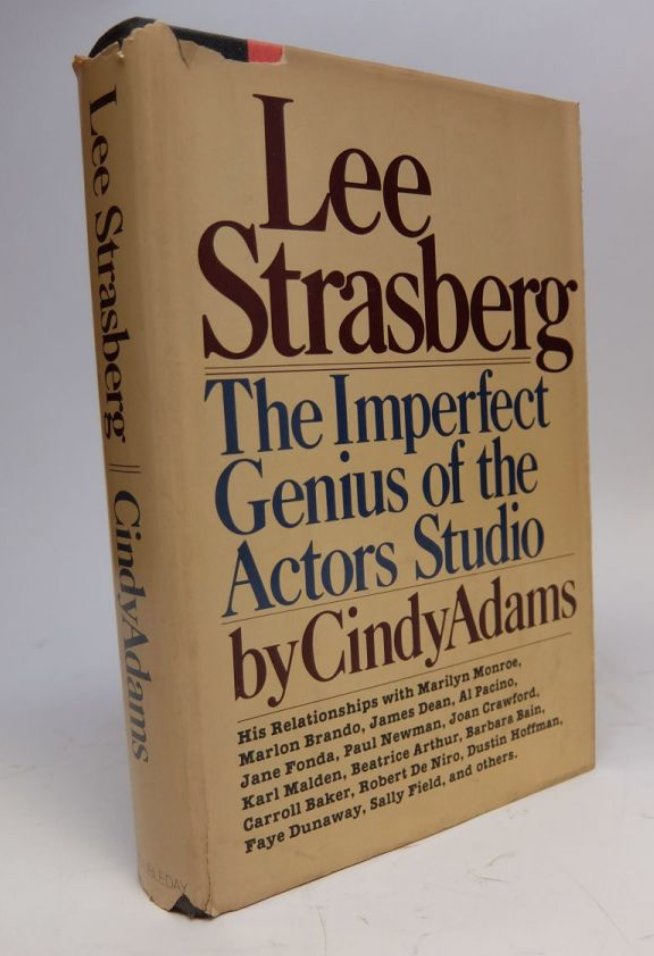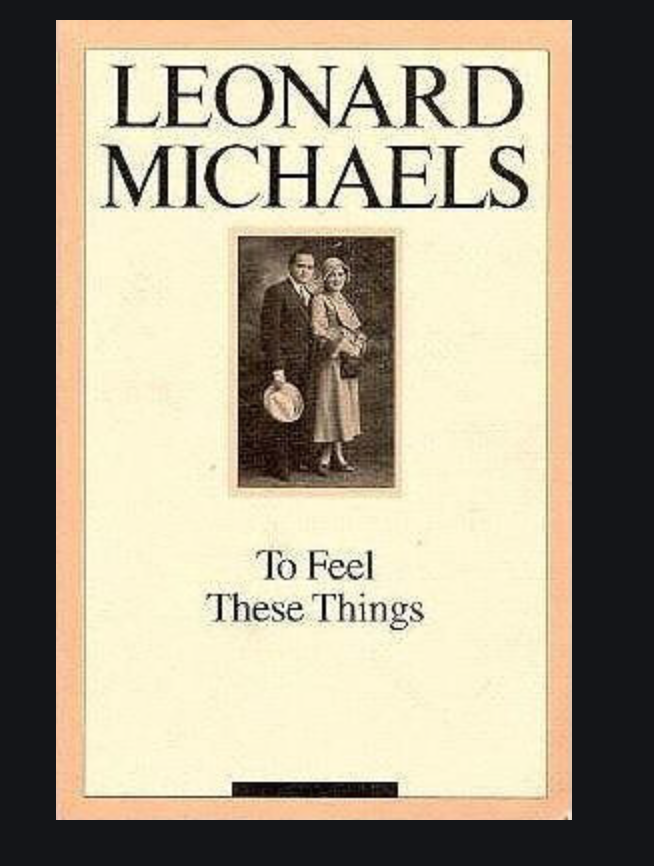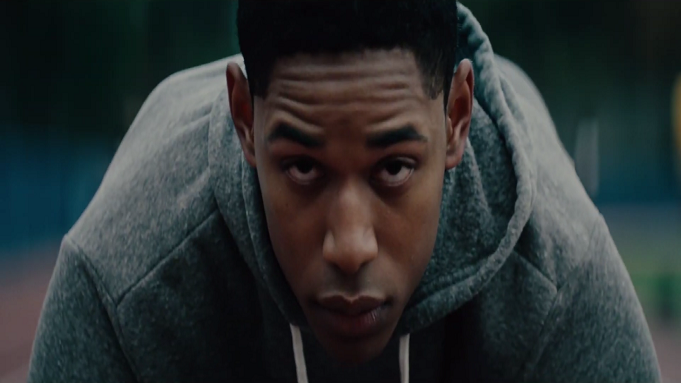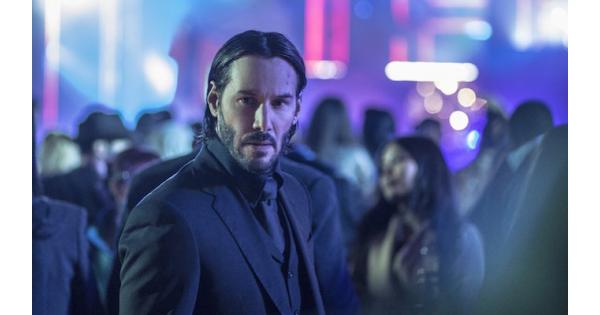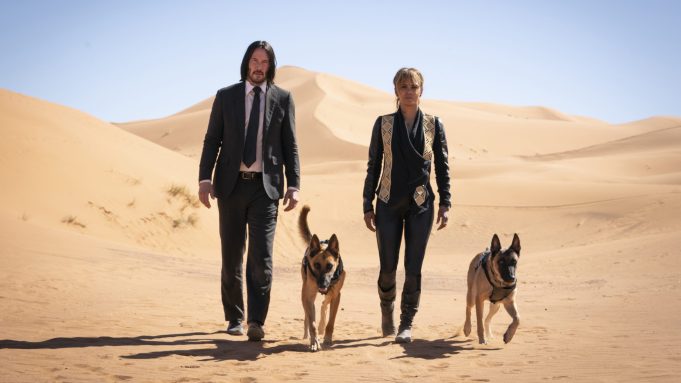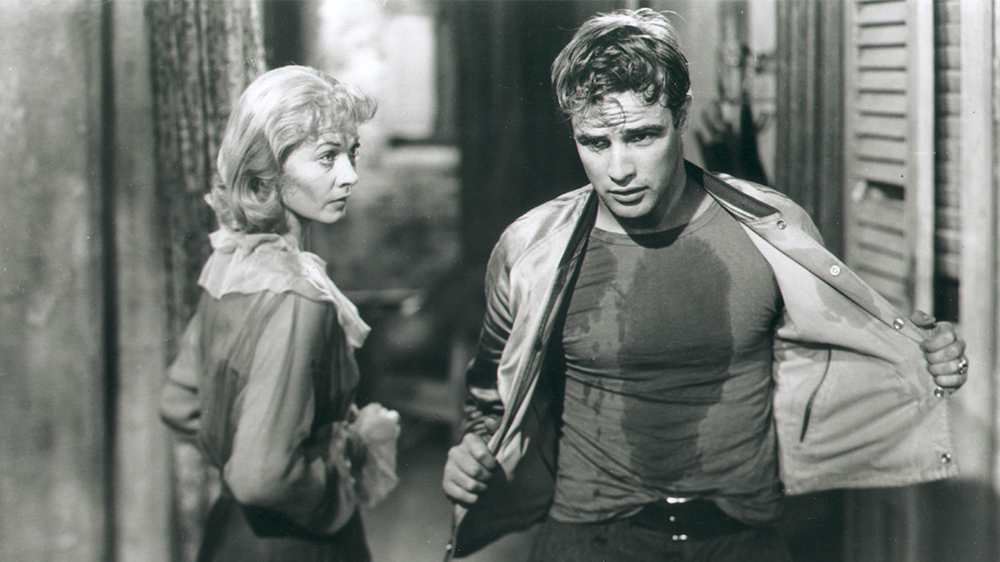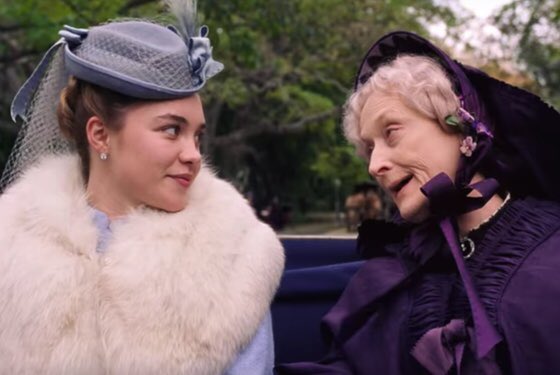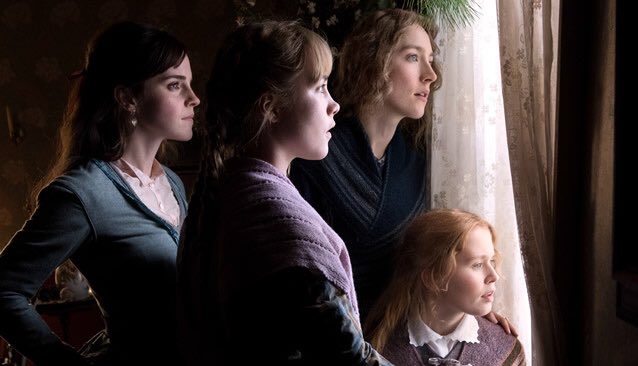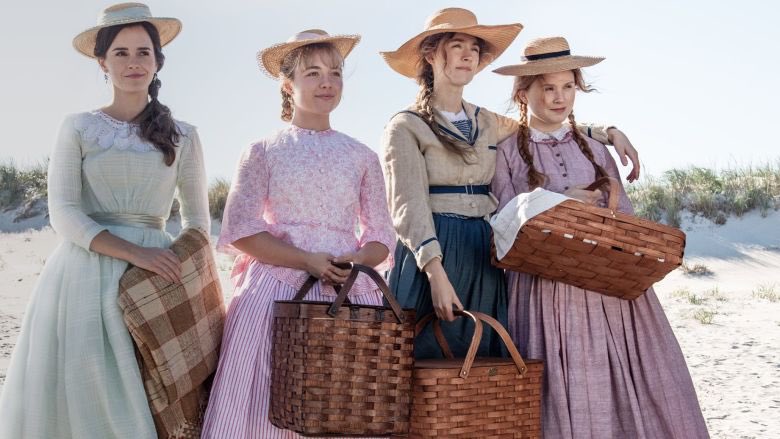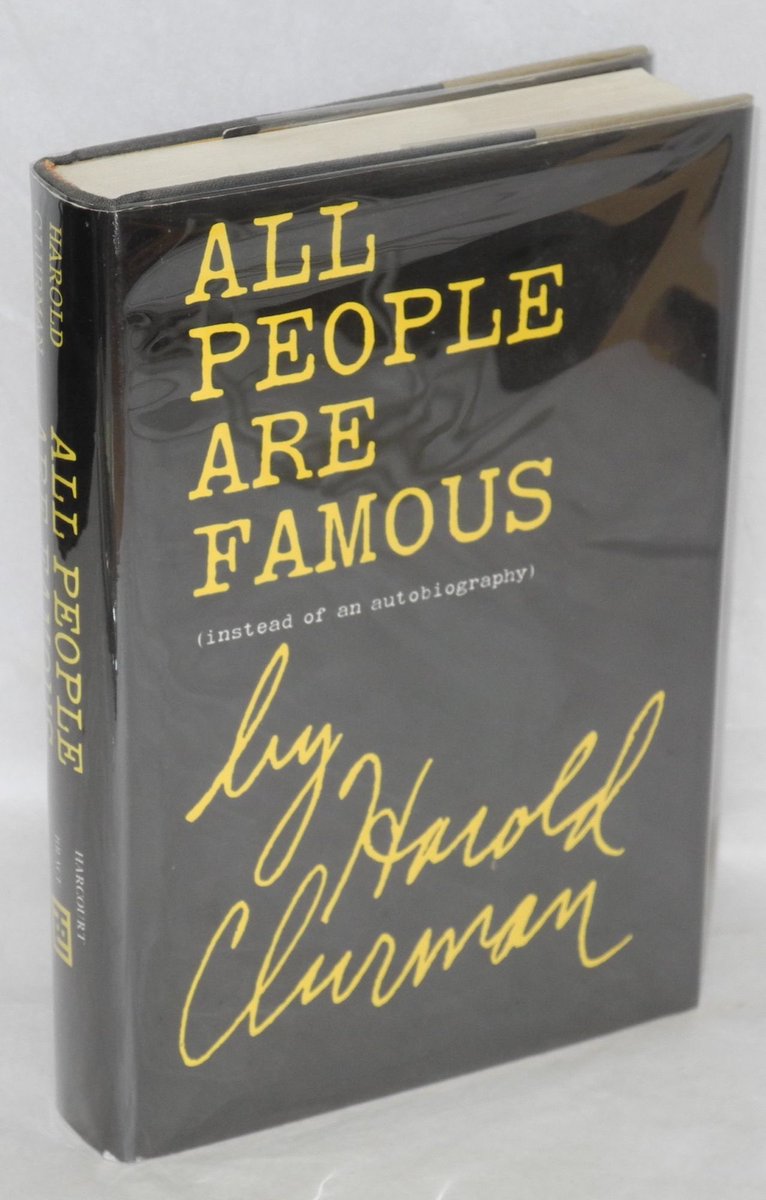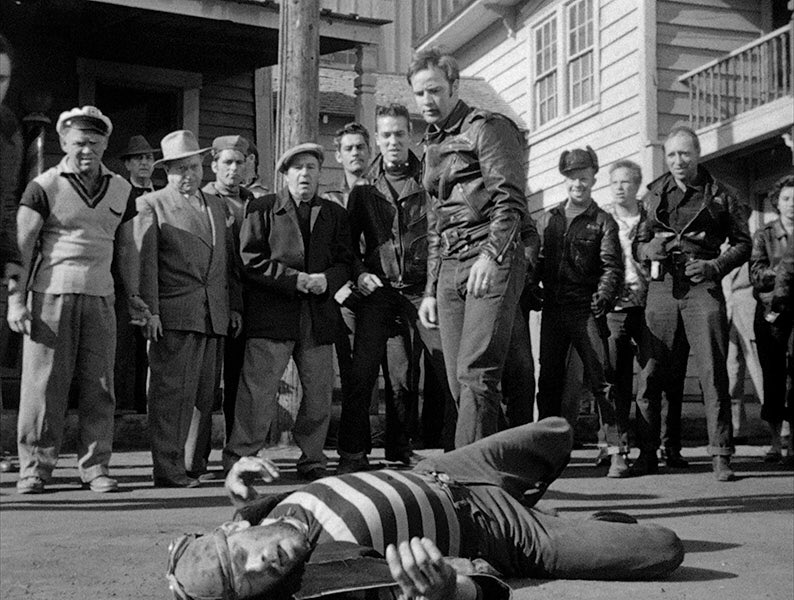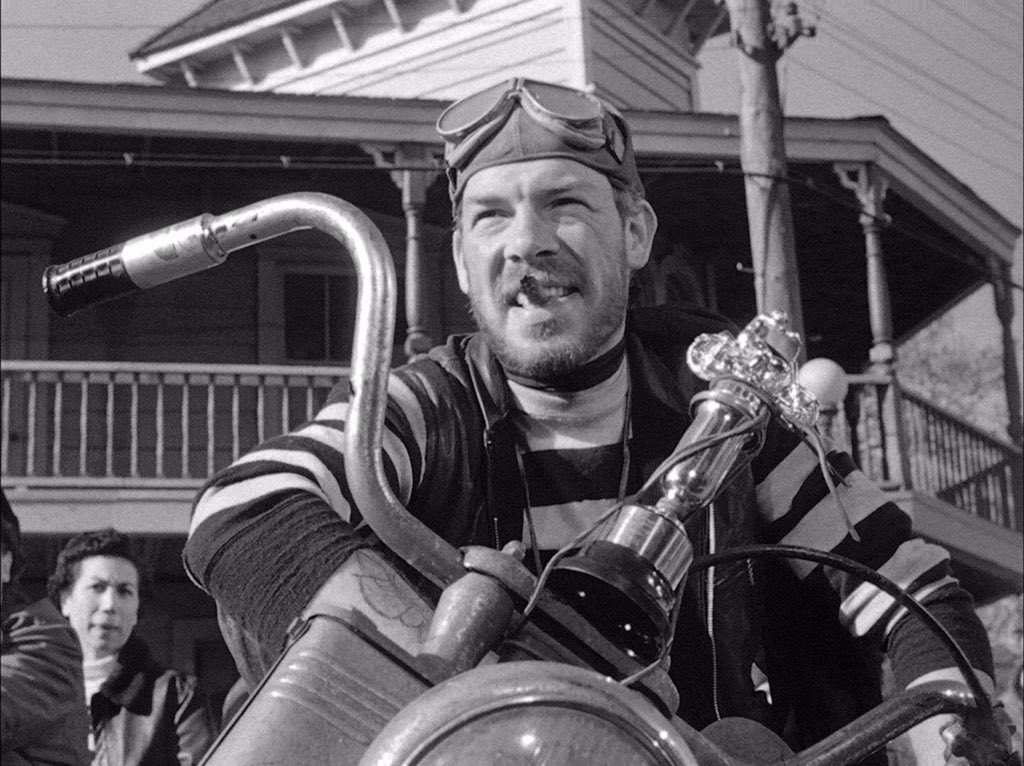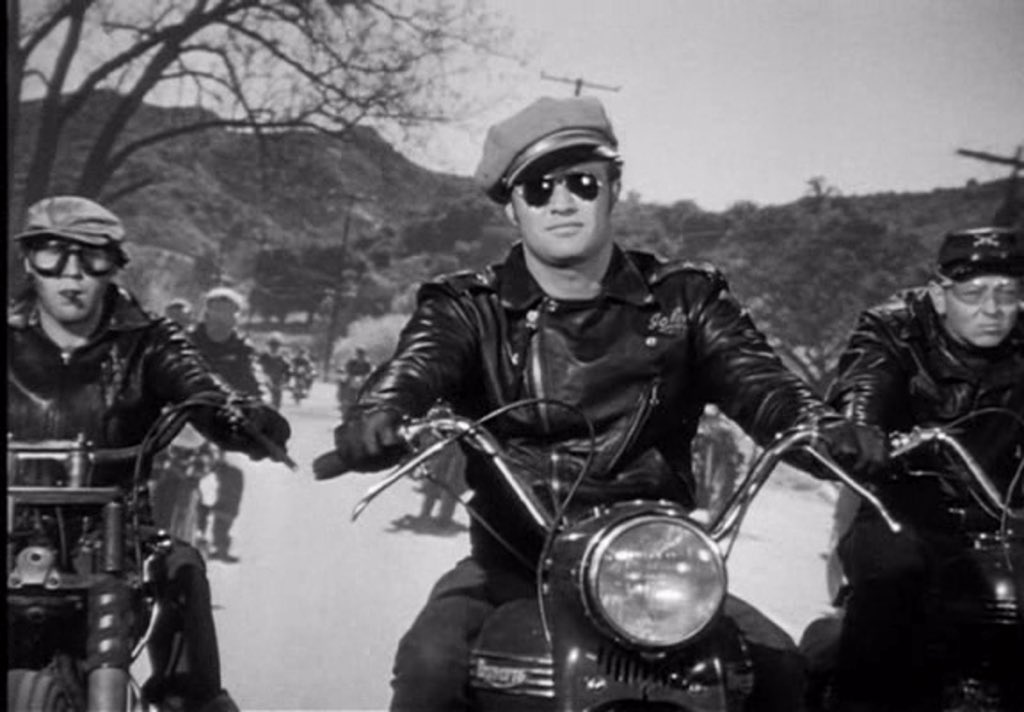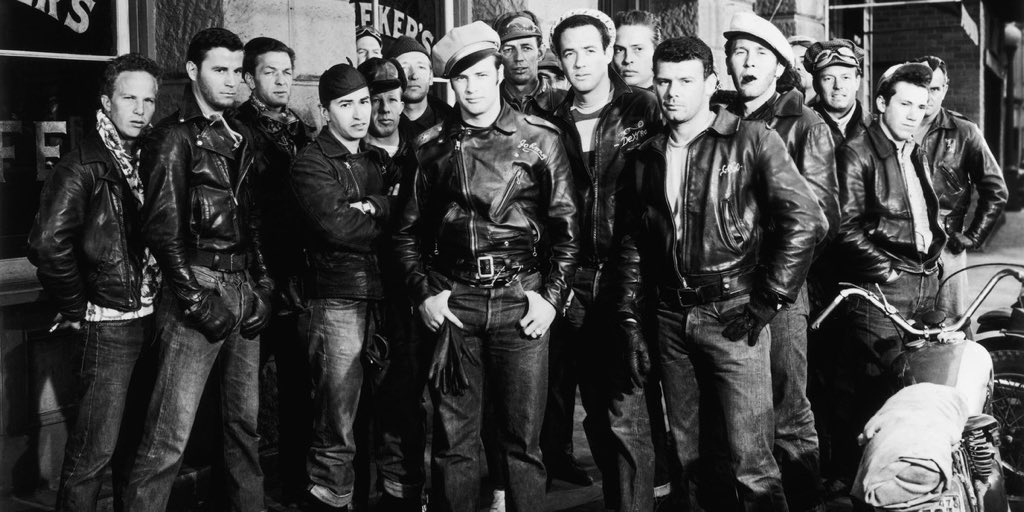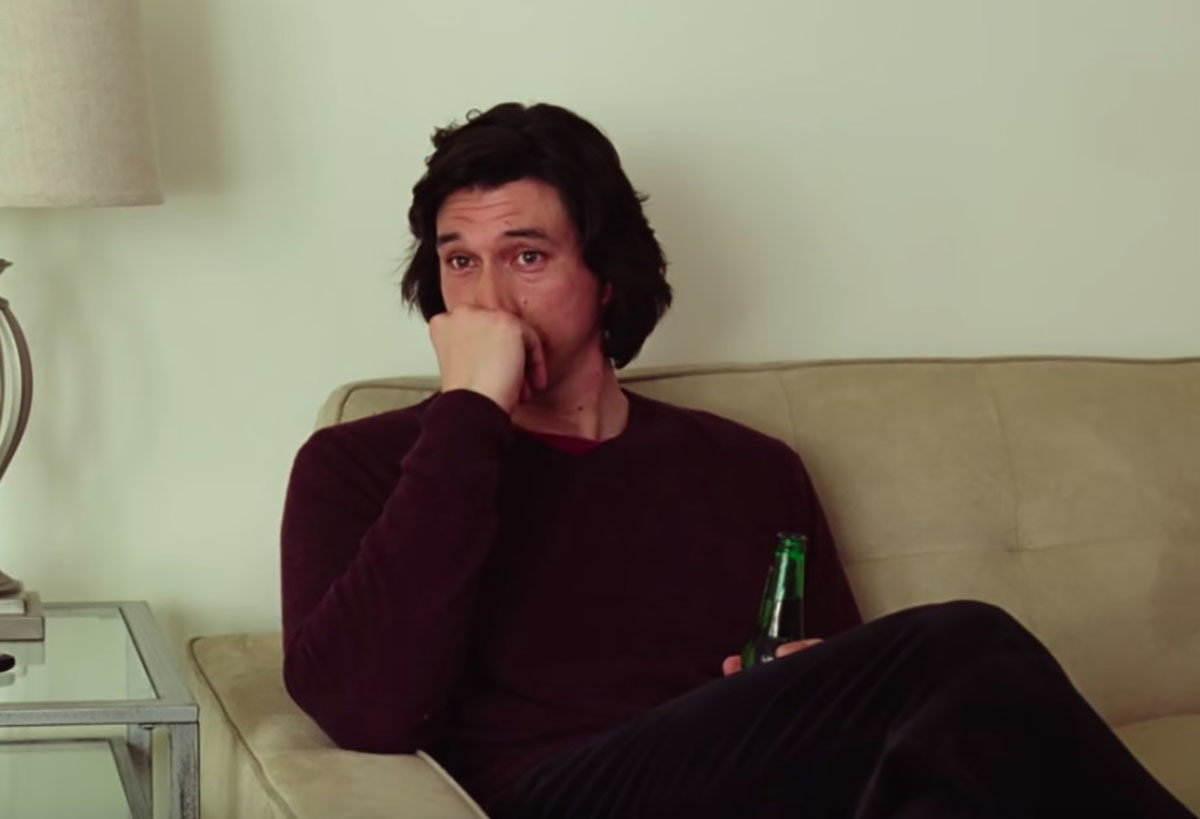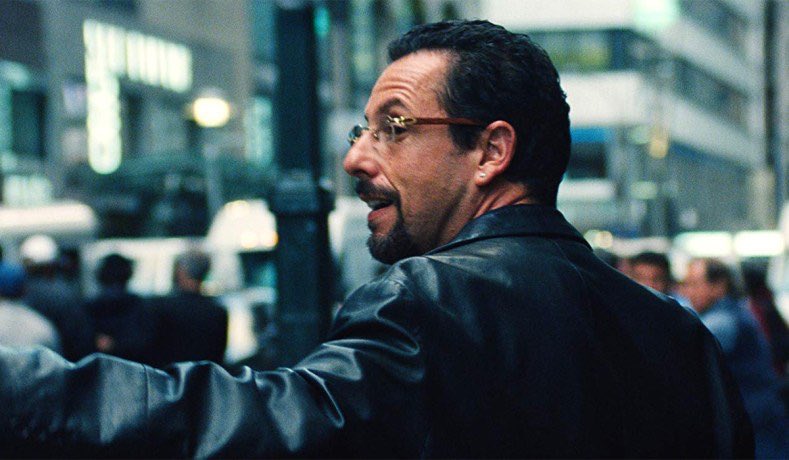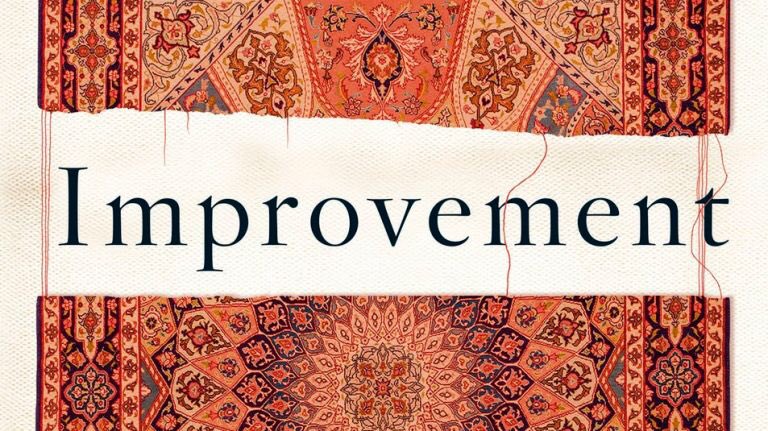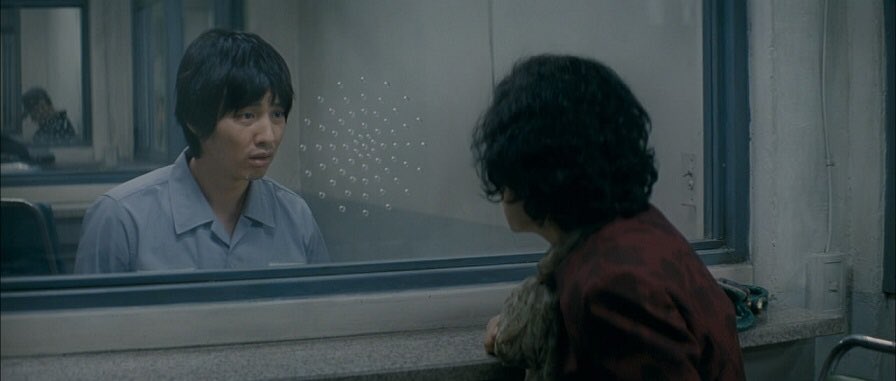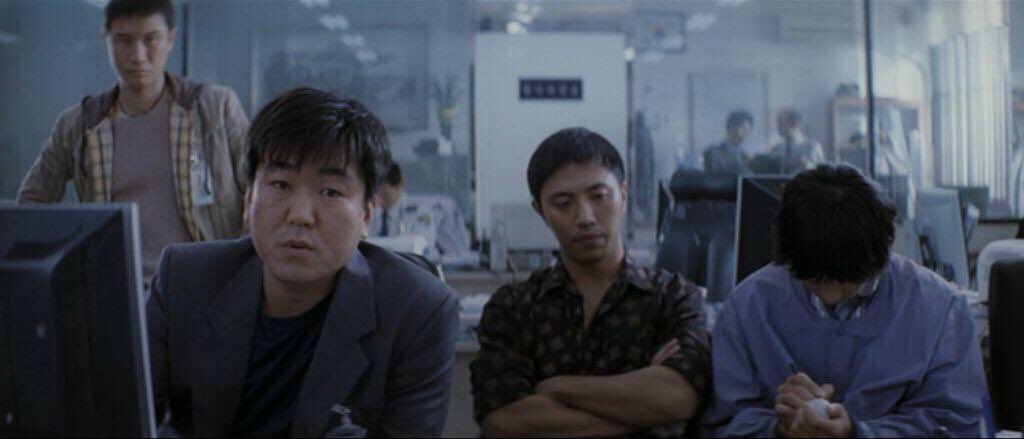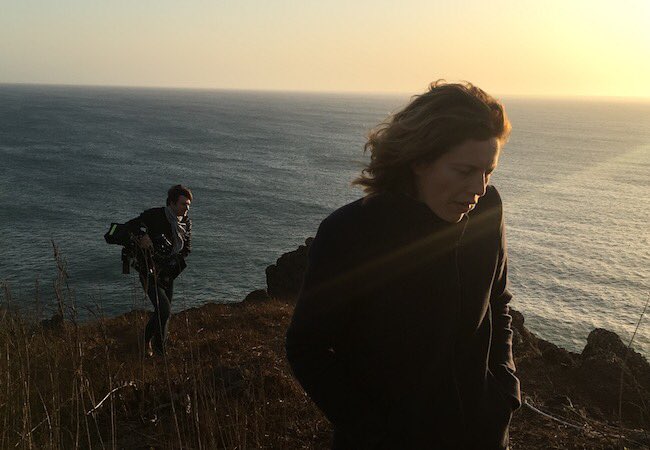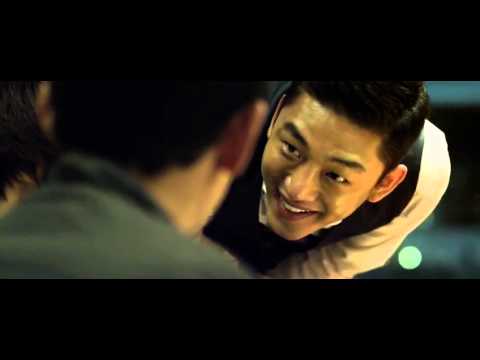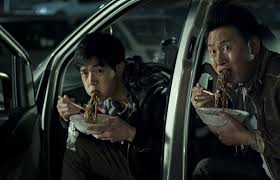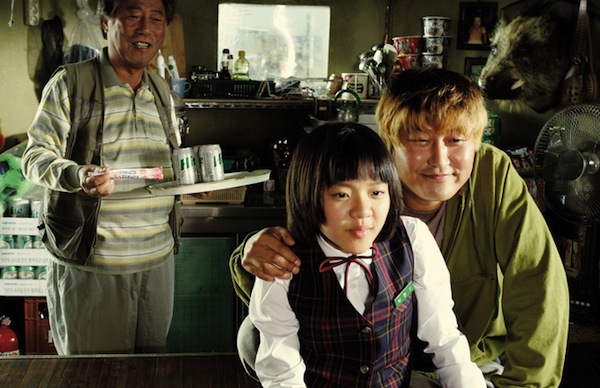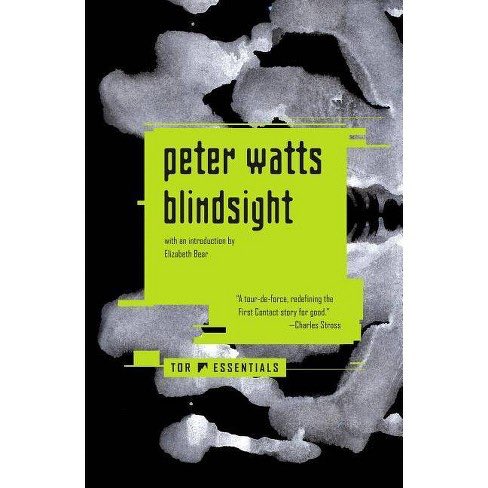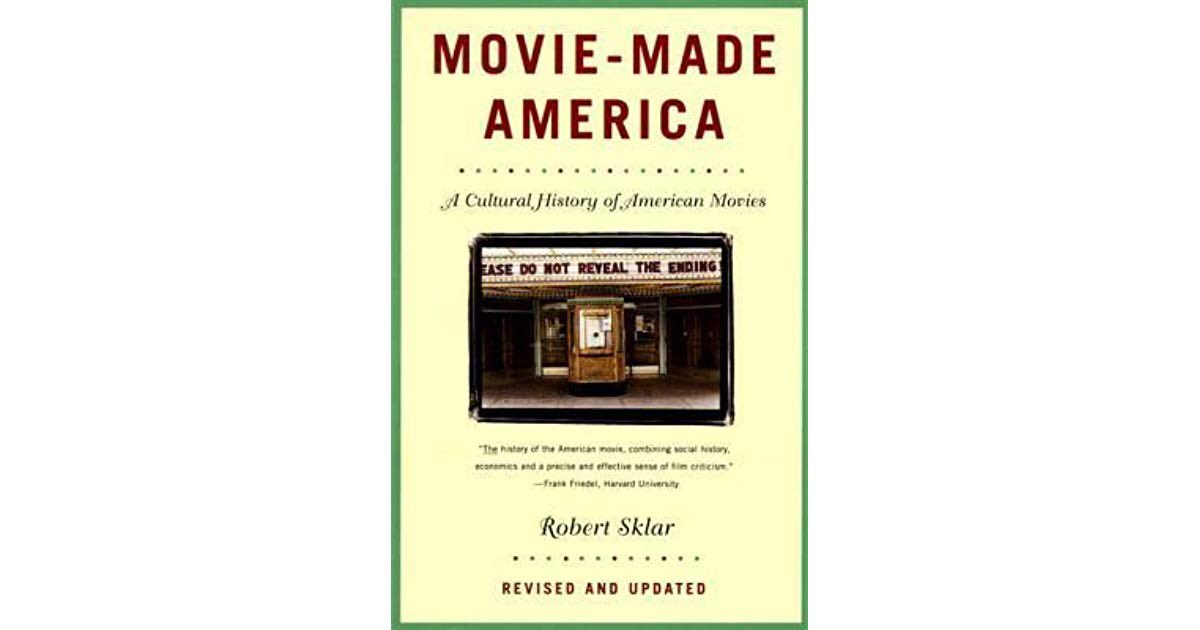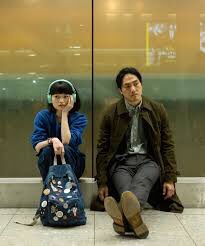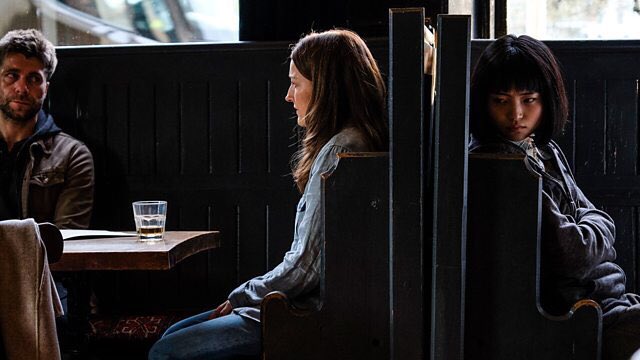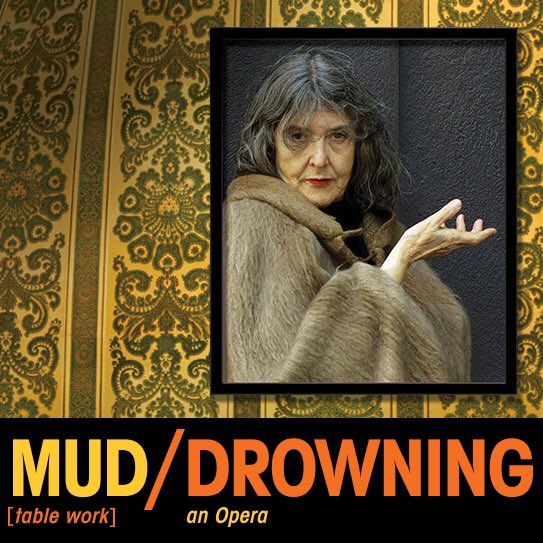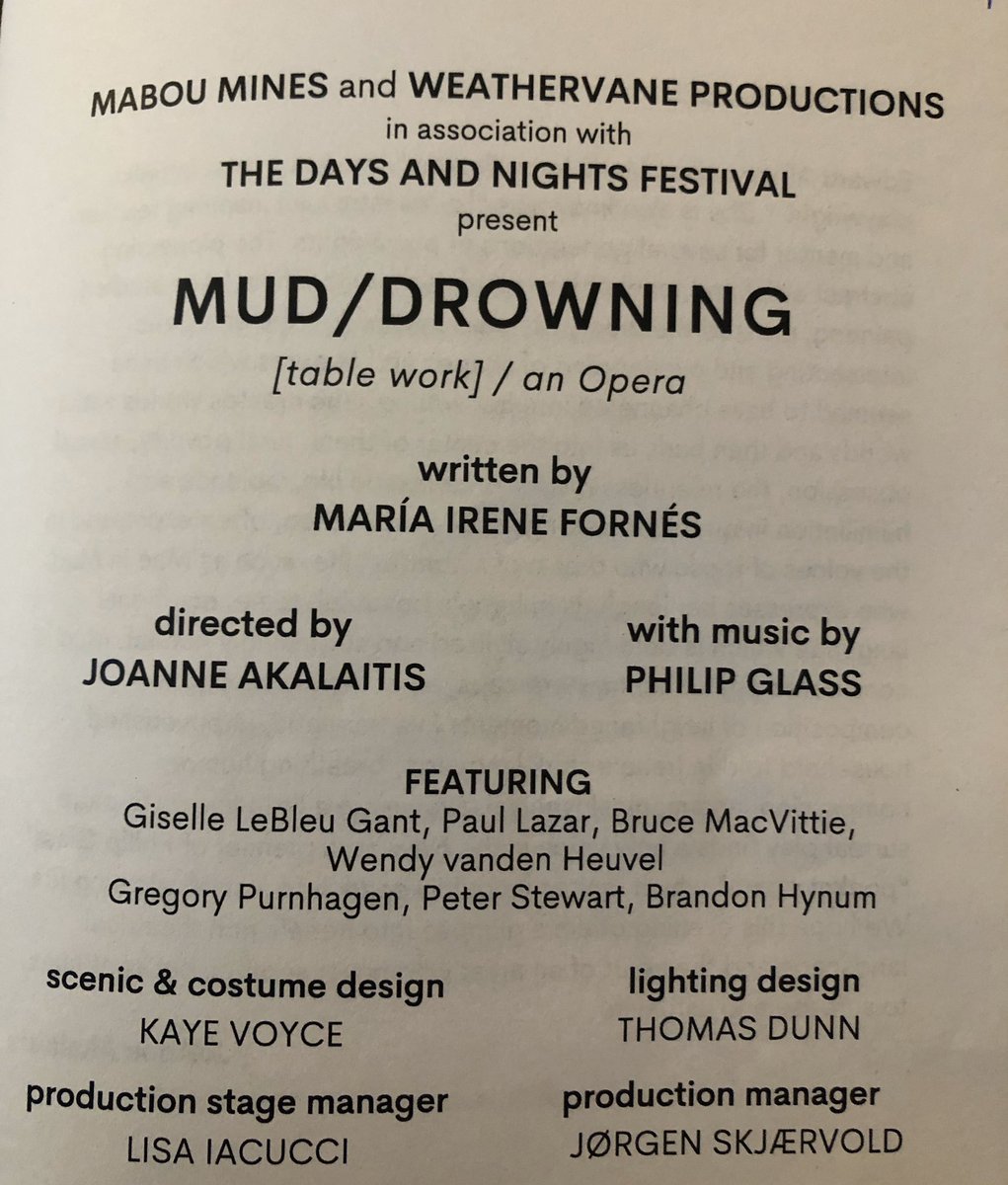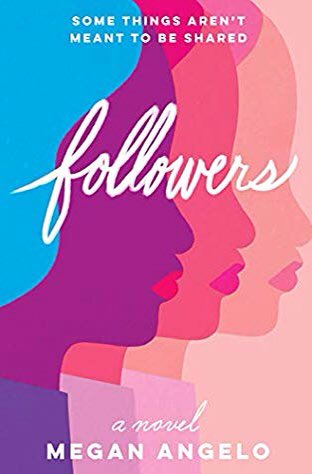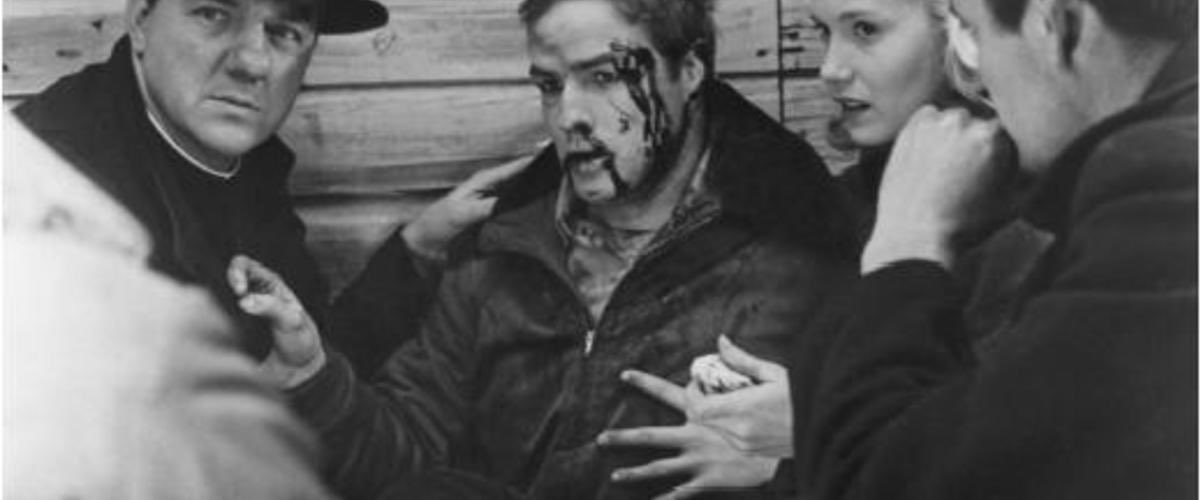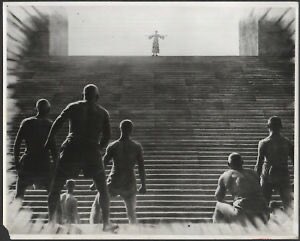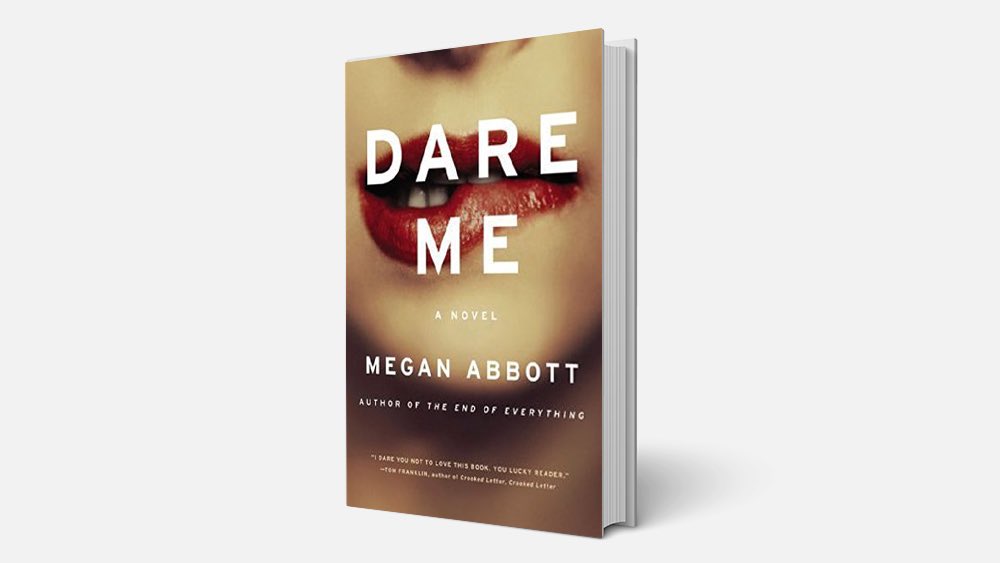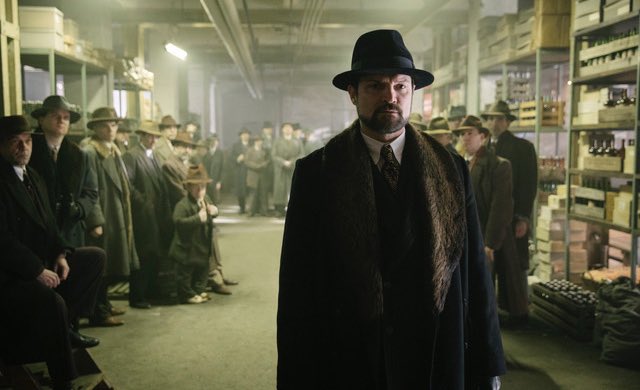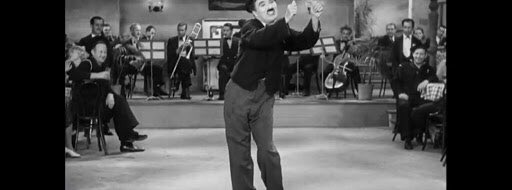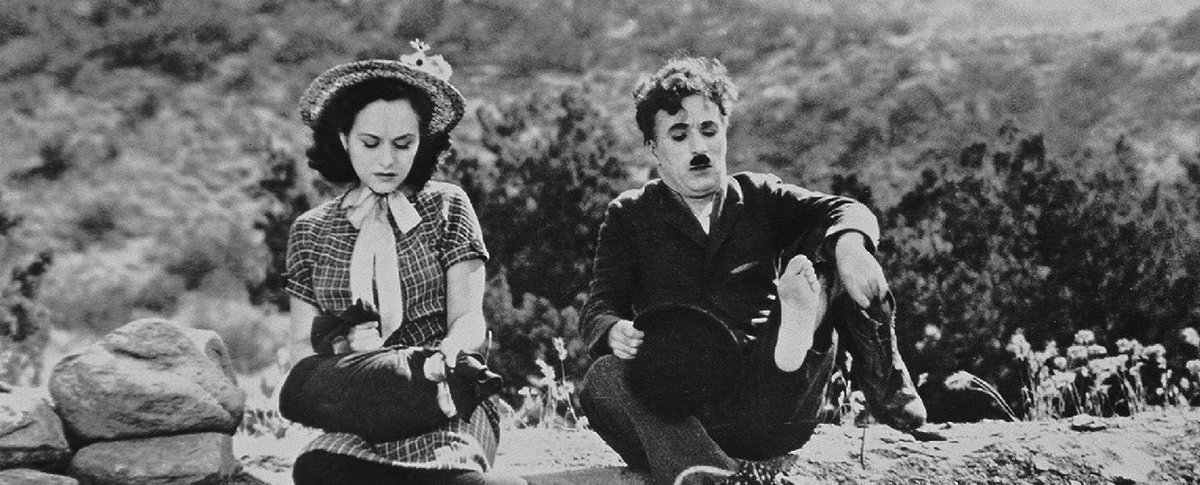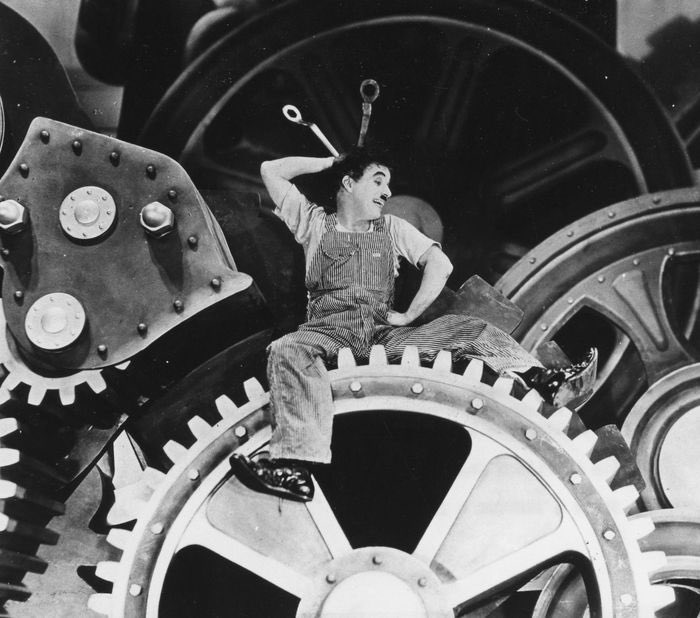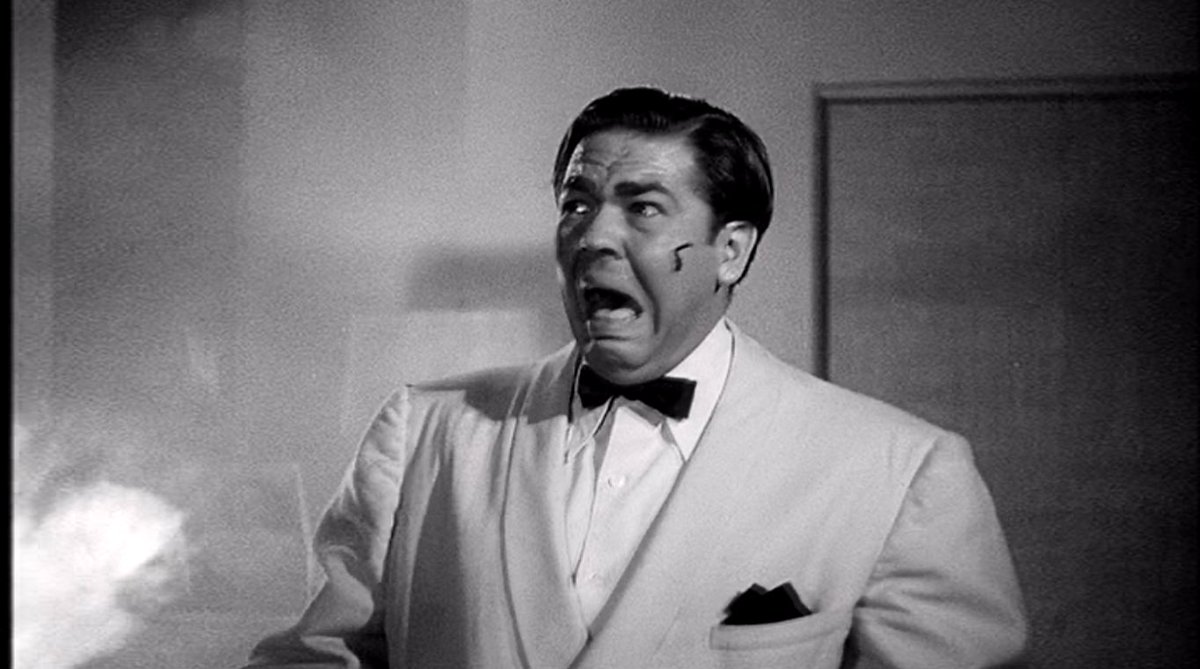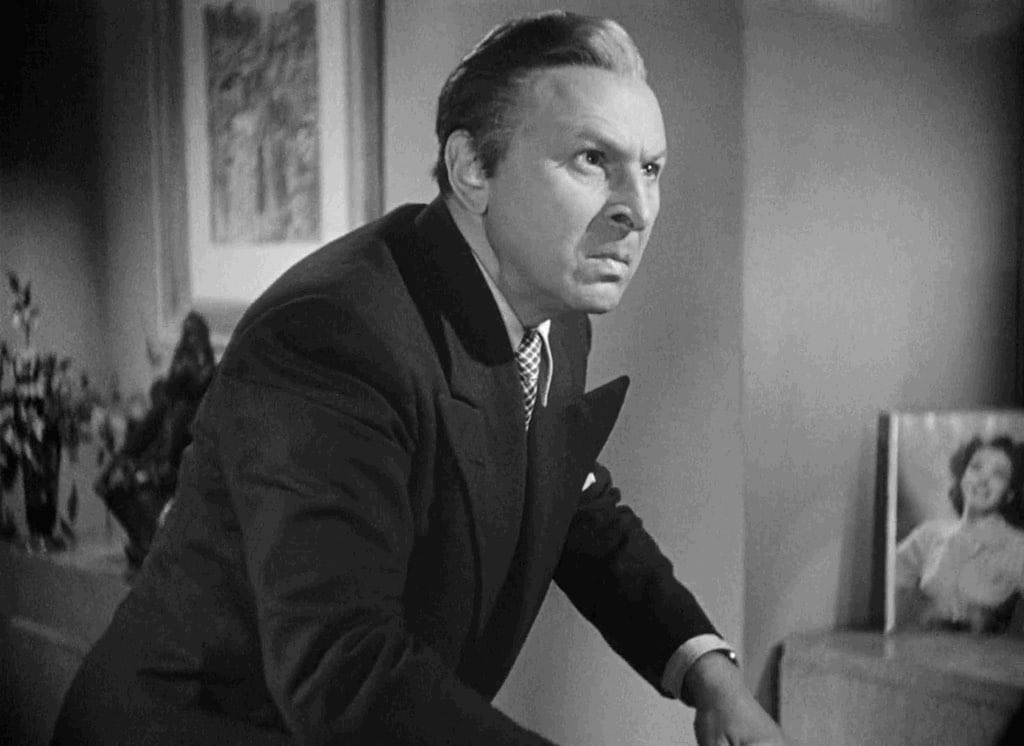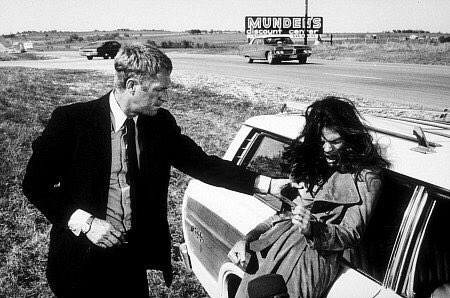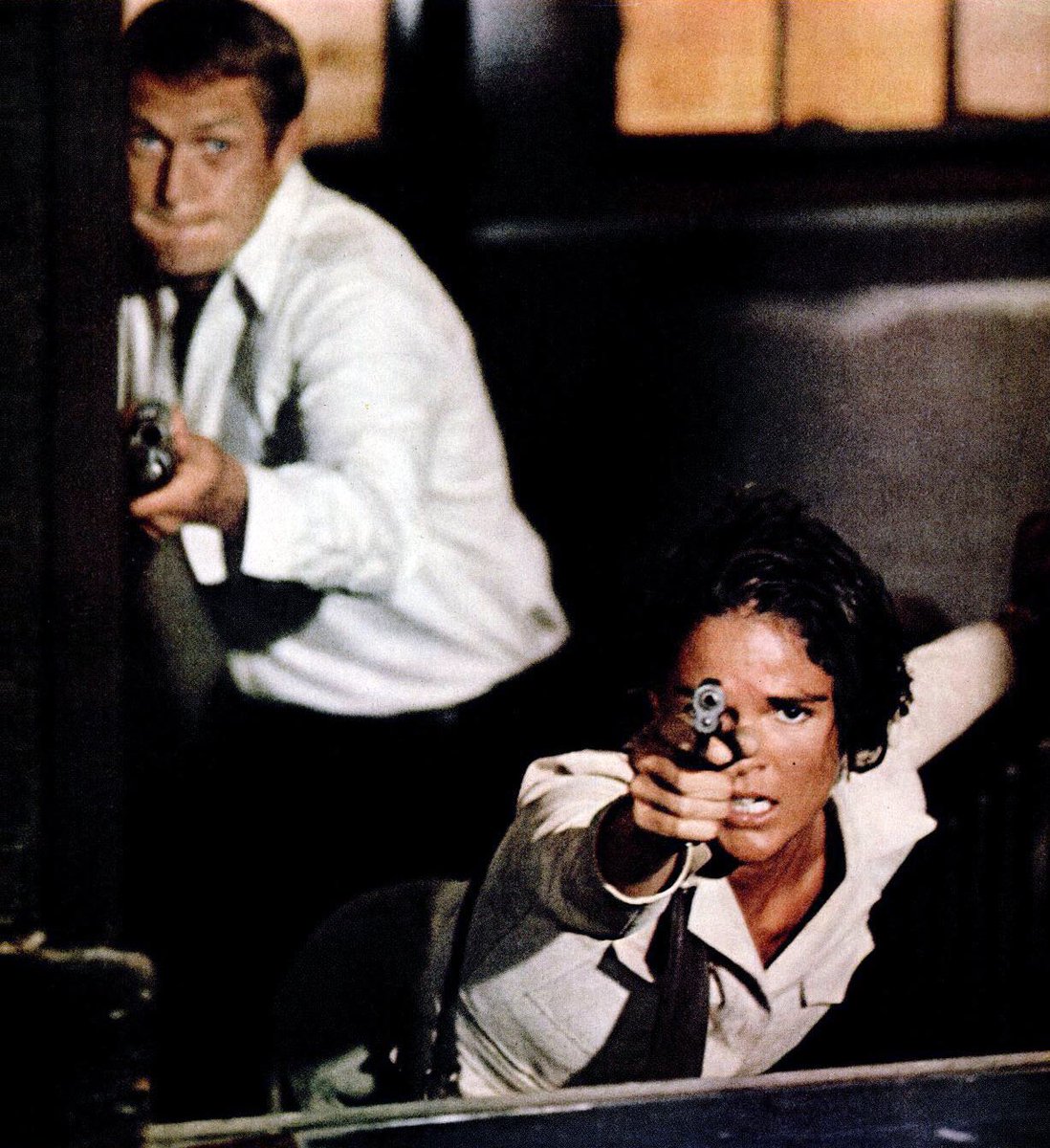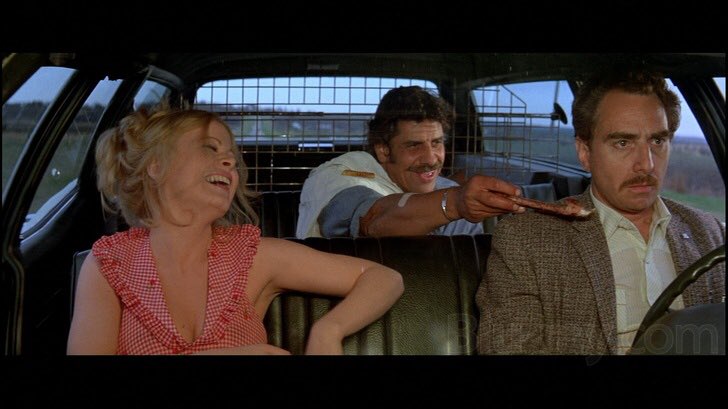Alright let& #39;s do this... CULTURE THREAD 2020
Cindy Adams& #39; LEE STRASBERG is a curious beast. She knew very little about theatre & it shows, but she still got basically everyone who ever met Strasberg on the record talking about him, from Paul Newman to Lee& #39;s secretary from when he was in the wig business.
If you& #39;re really interested in Strasberg and the Method, it& #39;s definitely worth reading... but read Wendy Smith& #39;s REAL LIFE DRAMA first, for sure.
Another odd thing about this book is about a quarter of the way through I was like "Adams must be Jewish" simply from her sentence constructions (she is FWIW). But that brought me back to Leonard Michaels& #39; TO FEEL THESE THINGS and its essay MY YIDDISH:
https://www.threepennyreview.com/samples/michaelslenny_f03.html">https://www.threepennyreview.com/samples/m...
https://www.threepennyreview.com/samples/michaelslenny_f03.html">https://www.threepennyreview.com/samples/m...
LUCE (2019, dir: Julius Onah) cannot solve the problem of its source material both being a play & kinda Doubt/Mamet-lite in its insistence on maintaining ambiguity over actual depth. Still, great performances and a deadpan directorial style that keeps you guessing.
JOHN WICK Ch& #39;s 2 and 3 (2017+2019, Dir: Chad Stahelski) The second gets the blend of bonkers-baloney world building and gracefully choreographed action the best of the series, but the third grows tiresome, particularly when it tries to insist the series has real themes.
A STREETCAR NAMED DESIRE (1951, Dir: Elia Kazan) You could watch this movie a hundred times and pick up some new telling detail or little nuance in the filmmaking and performances. This time it was Kazan& #39;s use of POV shots to keep us identifying w/ Blanche in the first hour.
I& #39;ll be honest, I hadn& #39;t seen the film in a long time, and I found its portrait of abusive men so well observed that at times it was almost unwatchable. I had to pause it and walk around my living room on at least two occasions.
Brando does many incredible things in the film, of course, but the one that really struck me this time was how he plays a character who is cunning, but not very bright, and does it without condescension or judgment.
The clash b/w Blanche and Stanley is also overtly a clash in *acting styles*. One is using artifice the other is "authentic" but using that authenticity as an excuse for his abuse. I think that& #39;s one reason the film had the impact on acting that it did.
VIVA ZAPATA ! (1952, dir: Kazan) Kazan& #39;s follow-up to Streetcar starring Brando as the legendary Mexican revolutionary only comes alive in its action sequences. Brando in brownface is totally disengaged and done no favors by a wooden Steinbeck screenplay.
Like its unnamed city, which combines bits of NYC, London, Paris etc., Ellen Kushner’s 1987 SWORDSPOINT combines the best of many genres to make something new, & helped birth the Fantasy of Manners. Thrilling, romantic, queer as heck, & filled w/ a palpable darkness. I loved it.
LITTLE WOMEN (2019, Dir: Greta Gerwig) is so moving & charming and visually dynamic and does such a great job of *adaptation* in the truest sense that it blew right past the couple of issues I found myself having with it.
In ALL PEOPLE ARE FAMOUS Harold Clurman writes a series of short portraits of people he has known, with an autobiography emerging through the stories. Sometimes the tide of anecdote threatens to drown, but if they were a 20th century cultural figure, chances are they’re in here.
THE WILD ONE (1953, Dir: Benedek) Easy to laugh at, but once you set aside the outsized cultural influence and the “pow, Daddy-o!” Dialogue, what remains is a fable about how societies come undone, shot like a horror film, with great performances from Brando and Lee Marvin.
1917 (2019, dir: Mendes) Given its title & faked-one-take conceit, the film’s marketing machinery sets you up to anticipate some reach towards grandeur. Instead, it’s a relatively small adventure story that stays remarkably contained. I liked it, but I doubt I’ll remember it.
The thing w/ the one take is, much like the vfx in, like, Avatar, once your brain adjusts to what’s going on it stops registering or being interesting. There’s some good staging decisions that result from the 1 take thing, but the film didn’t need to be one long take to get them.
Noah Baumbach& #39;s MARRIAGE STORY (2019) is his best directed film to date, and I found its story of two people ground up by various institutions (a theatre company, marriage, the courts) and only able to rediscover a human connection once they& #39;ve exited them very moving.
It& #39;s not a perfect film. The editing of its central argument scene is mystifyingly incoherent. The Randy Newman score is odd and sentimental. It starts as both Charlie and Nicole& #39;s story but sidelines her as the film goes on. But it& #39;s rich and chewy, like a good novella.
I appreciate the Safdie’s love of milieu, and the way they operate on a level of pure sensation... but my actual experience of UNCUT GEMS (2019) was one of annoyance giving way to exhaustion. Great work from Eric Bogosian and Lakeith Stanfield tho.
ORIGINAL CAST ALBUM: COMPANY (1970, Dir: Pennabaker) The borderline between painstaking craftsmanship and neuroticism erodes over a marathon recording session. I could listen to Sondheim correctly pronounce “bubbe” on a loop for at least three hours.
Joan Silber is a goddamn master and IMPROVEMENT is a wonderful example of Chekhovian realism, where themes (in this case of love and commerce) play out it ways free of didacticism amidst a group of people who are, if anything, strangers to themselves. So good, and so funny.
WE CAST A SHADOW is billed a sci-fi satire, but it& #39;s at its weakest when considered from either of those angles, at its strongest as a structural mashup of Invisible Man and Lolita that examines the interlocking systems of white supremacy & self-loathing.
MOTHER (2009, Dir: Bong Joon Ho) When the only route to freedom is finding a subaltern to inflict your damage on, there is no escape. More restrained and less “fun” than Parasite, but just as devastating.
PORTRAIT OF A LADY ON FIRE (2019, dir: Sciamma). An examination of objects and subjects made from quietly stunning images and finely honed performances, particularly from BPM’s Adele Haenel. i found myself admiring it more than loving it.
I particularly loved how PORTRAIT inverted the gothic, making the sexual subtext the text and relegating the supernatural to the background. But the tres French dialogue of melancholy aphorisms about the film’s themes sometimes kept me at arm’s reach.
VETERAN (2015, Dir: Ryoo Seung-wan) A reworking of the renegade-cop-takes-down-evil-capitalists story demonstrates again that Ryoo Seung-wan is the king of 80s throwback action-comedies. Much of it rests on Jung-min Hwang charisma and charm, and whoo boy does he bring it.
ACE IN THE HOLE (1951, Dir: Billy Wilder) While Douglas& #39;s Chuck Tatum doesn& #39;t quite reach the mythic power of Griffith& #39;s Lonesome Rhodes or Lancaster& #39;s JJ Hunsecker, once the film& #39;s mordantly funny (and quite dark) portrait of corruption gets going, it& #39;s thrilling.
The best parts of the film are when we see the odd mixture of glee and rage with which Douglas& #39;s Tatum greets successfully corrupting someone. He& #39;s happy to be proven right about human nature, and enraged that there& #39;s so little goodness in the world all the same time.
Tatum isn& #39;t Iago. His gambit is that although he& #39;s *openly loathsome* he& #39;s figured out something to offer you that is so powerful that you have no choice but to accept it. Then once you do, he hates you for it.
The problem with this approach is that there& #39;s little about Tatum that& #39;s seductive, which makes the first twenty minutes of the film (in which a lawful good newspaper editor hires him) nonsensical. You just kinda accept it because the movie needs to get going.
(And once he meets Jan Sterling& #39;s Lorraine Minosa, it really does get going. Sterling is incredible in the movie, doing a really complicated take on the kinda dame who might want to moyduh her husband.)
THE HOST (2006, dir: Bong Joon-ho) There& #39;s such deep pleasure to be found in director Bong& #39;s craftsmanship, and his expansive take on genre leaves room for everything from class strife to sibling bickering to an excoriating look at the consequences of US colonialism.
THE ASSISTANT (2020, Dir: Kitty Green) The Banalty of (Complicity in) Evil plays out over 1 very long day, shot through w/ deadpan humor & dread. I& #39;ll be surprised if there& #39;s a more chilling line delivery in 2020 than Matthew Macfayden& #39;s "Don& #39;t worry, you& #39;re not his type."
Kim Stanley Robinson& #39;s THE MINISTRY OF THE FUTURE, due out 10/2020, is like a summation of everything he& #39;s been up to this century. It& #39;s a big-hearted, experimental, bold, didactic, strange novel taking us through our next 30 years as we attempt to solve the climate crisis.
MINISTRY OF THE FUTURE also doesn& #39;t work like other novels work. it synthesizes different novel forms, many from the 18th/19th century (as well as Dos Passos), w/ a narrative voice that can go from close third, to 1st person plural, or even narrate from the POV of code itself.
Peter Watts’ BLINDSIGHT is a triple distilled shot of everything 90s sci-fi, from the cyberpunk cadences of the language to the exploration of concepts at the outer limits of human experience. There’s even a bit of High Fidelity style breakup novel in there too. Delightful.
I wonder what people will make of some of its more provocative ideas, since some of those tend in a ev-psych direction that’s been embraced in the years after by the whole red pill/Dawkins/quillette crowd. But the book is never uncomplicated or unconflicted.
Michael Mayer’s staging of LA TRAVIATA is beautiful and Lisette Oropesa is a marvelous Violeta. But, in part because i actually read the titles, I was struck anew by the contrast between the gorgeous depth of the music and the very thin and kinda dumb story. Still loved it tho!
There’s a reason Robert Sklar’s MOVIE-MADE AMERICA is a classic. It deftly narrates how politics, economics, labor, business etc impact the aesthetics of what we see on the screen. A great starting point for understanding how Hollywood worked in the 20th century.
Rita Felski’s USES OF LITERATURE is like a breath of fresh air, eschewing the de rigeur condescension and paranoia of so much critical theory to look at what texts actually do, the various ways they please, move, disturb, reify, and provoke us.
In PARADISES LOST, Ursula Leguin uses a generation ship to explore how civilizations are (un)made, and how religion and ideology adapt to and are created in dialogue with the world around us and our own need to survive. Suspenseful, moving, almost painfully beautiful.
GIRI/HAJI on Netflix has everything you want from crime saga: plot twists, compelling characters, a bit of goofiness, high suspense etc.... but it also has a level of visual panache and ambition that is totally unexpected, breaking free of the BBC house style with abandon.
This might be my favorite UK crime show since, like the State of Play/ final series of Prime Suspect.
The Mabou Mines production of María Irene Fornés’ MUD/DROWNING filled me with such warm nostalgia for a downtown theatre that I’m pretty sure doesnt exist anymore. Just the names on the program alone! The back slashes!
But also Mud/Drowning has a wit that’s both off kilter and so deadpan it took the audience a bit to realize it was funny. And there was a resistance to identification and catharsis, a messy but minimal aesthetic, all of which felt like the work I saw and loved so much in my 20s.
And it’s not every day you get to see a new Philip Glass pocket opera performed in a room that seats like 50.
One takeaway from THE ACCIDENT, a hypnotic new project from Kid Millions and directed by Mark Armstrong: every autobiographical one person show should have five drummers on stage.
Megan Angelo’s FOLLOWERS, about social media influencers in 2016 and a future dystopia without privacy, is everything I want from a pop novel. Precisely written, juicily plotted, thoughtfully made. It’s fun, and mean, and, in the end, moving.
ON THE WATERFRONT (1954, dir: Elia Kazan) Sure, yes, read in light of HUAC it is problematic. But it’s still a searing film, filled with great, agonizing performances. Brando’s work is so titanic we tend to forget how great Karl Malden, Lee J Cobb, and Rodd Steiger are.
An interesting side note, in his memoir, Kazan talks about the greatness of STREETCAR lying in its absence of clear social themes and its refusal to dictate sympathy or interpretation to the audience the way the social plays of the 30s did but...
Two of his greatest post-Streetcar films, WATERFRONT and A FACE IN THE CROWD would fit right in with the social dramas the Group staged in the 30s. Their themes, messages, and points of view couldn’t be clearer. Yet they’re also brilliant.
Robert Lewis’s METHOD— OR MADNESS? is the most sensible (and anti-dogmatic) book I’ve yet read about Stanislavski’s system and its descendants. And I’ve read a lot of ‘em! It really should be required reading for anyone studying acting.
METROPOLIS (1927, dir: Fritz Lang) is about as close as the 20th century got to writing a new book of the Bible. Even split up over three or four nights (aka watching ParentStyle) it’s so immensely powerful it exerts its own gravity.
Megan Abbott’s DARE ME traps you w/ its narrator and gives you a world where everyone’s boundaries are semi-permeable and no one can see beyond their own immediate desires, capturing something ineffable and terrifying about being almost, but not quite, an adult.
Babylon Berlin’s latest season starts off strange & stylish & sexy & like nothing else on TV, seeming to explore all sorts of interesting milieu and subject matter, only to gradually succumb to a rising tide of genre bullshit. Every season they do this! But I’m still hooked!
The Dr Mabuse-like hypnotist who is probably Gereon’s dead brother and seems to control much of the underworld and yet has a widely listened to nightly radio show and is the only way the writers seem to be able to move the plot forward has got to go is my basic feeling.
MODERN TIMES (1936, dir: Charlie Chaplin) Sometimes when a work of art is influential, its descendants drain it of all its power and vitality. Not so with Modern Times, which manages to be an ur-text and a compendium of sequences as funny as they are incisive.
Just re-listened to this today and it remains one of my favorite albums of the century. Enigmatic, spellbinding, little bit of dread but in the most pleasurable of ways. https://open.spotify.com/album/4wCpIX2LVk3lZkh4crNPtJ?si=jBh2AdUoTta93omxWQqYTA">https://open.spotify.com/album/4wC...
DEAD RECKONING (1947, dir: John Cromwell)...My grand unified theory of Bogart is that his movies work best when he has a female costar who can match and/or overcome him. Lizbeth Scott can do neither, and Dead Reckoning fizzles. The near constant voice over doesn’t help either!
THE GETAWAY (1972, Dir: Peckinpah) Queasily misogynist, dumb as a sack of hammers, and at times so poorly acted it almost invents a new style... and yet! So stylishly directed, so effortlessly cool, so breathtakingly edited, it’s suspenseful, transgressive, and genuinely odd.
The Getaway’s opening sequence (clearly a huge influence on Out of Sight) is an amazing feat of compression, using rapid fire impressionistic editing to convey the oppressive claustrophobia of life in prison. It’s like All That Jazz goes to jail and is worth seeing all on its own

 Read on Twitter
Read on Twitter